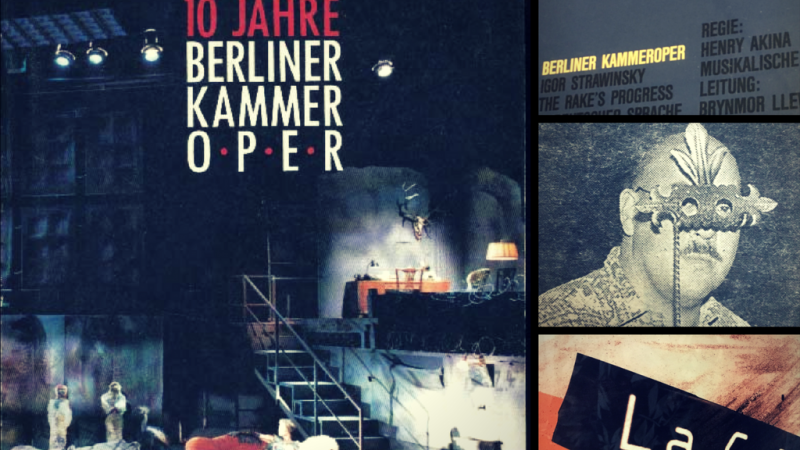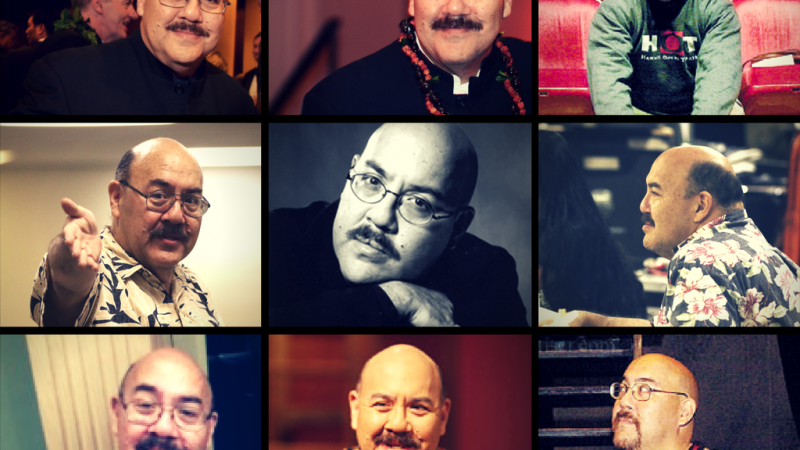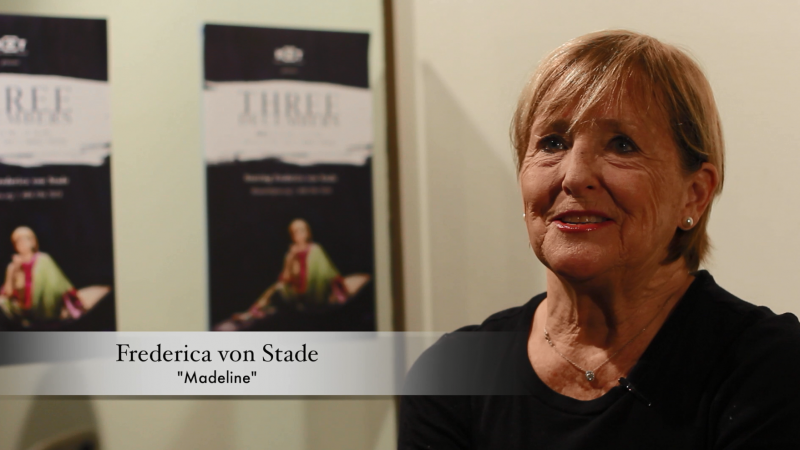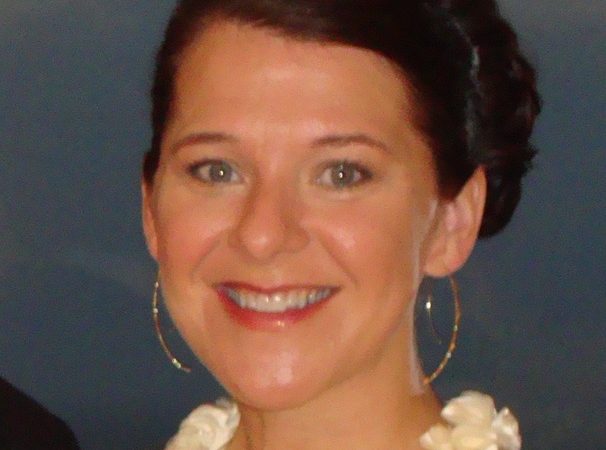If you are new to opera, welcome! We love this exciting and surprising art form, and we’re sure you will too. Join us for a performance next season to see what it’s all about. You don’t need to know anything at all about opera before attending, but if you’d like to find out more, check out the FAQ’s!
For our top three frequently asked questions, watch the video below!
FAQs
How much does it cost?
Opera is cheaper than many people think, with tickets starting from just $20 at Hawai’i Opera Theatre (prices vary by venue).
How long is an opera?
Most operas are the length of an average film (between two and three hours) but with an intermission – or sometimes two – where you can stretch your legs or get a drink at the bar!
Each opera’s running time is displayed on the relevant webpage for each opera.
Will I be able to understand what is being sung?
Yes! Several of the operas we perform are actually in English translation or in their original language (like Italian, French, or German). But, regardless of the language, all our operas have supertitles (like subtitles in a movie) which means that the text appears on a screen above the stage. As singing takes longer than speaking, your eyes can easily move between the stage and the screen, so you won’t miss any of the action.
The language in which every opera will be performed can be found on the relevant webpage for each opera.
Where should I sit?
That depends on how much you want to spend. Prices are spread throughout the venues, so have a look at each level to see which seats/prices you prefer. You can get a good view and hear everything from nearly all areas of each theatre that we perform in. Book early to get the best seats at the best prices.
What should I wear?
There is no dress code for HOT performances. If you want to dress up and make a special occasion of it, go for it, but aloha shirts are equally welcome. It’s your night; you do you!
Do I need to read up beforehand?
There’s no need to prepare before you show up, although a quick glance through the plot synopsis (you’ll find one on the webpage for each opera) is always handy.
We also provide a digital program book before each show and the same printed book at each performance. The program includes a summary of the plot, artist bios, director’s notes, and a little about HOT’s history!
Is there any opera etiquette I need to follow?
As with all live theatre, just be sensitive to the people around you. We ask that phones are on silent and put away during the performance. Filming is prohibited, but you are welcome to take photos before the start, during intermission, and during the applause at the end. Even better, tag us afterward on Instagram and tell us about your opera experience!
If you’re not sure when to clap, take the cue from others around you. Usually, people applaud before the start when the conductor takes their place on the podium in the orchestra pit. Also, applause often happens at the end of an act, or after a particularly spectacular solo or duet. If you like what you hear, don’t be afraid to let the artist know!
What will it sound like?
Opera singers do not use microphones, as their voices are trained to project over a full orchestra. This means that there is no barrier between the performer’s voice and the audience, making opera a unique experience. The live orchestra itself, which can be up to 60 players (depending on the piece), provides an extra thrill.
What else can I expect from an opera?
– Opera deals with all kinds of human experiences – it can surprise people how relevant opera can feel, whether the piece was written last week or 100 years ago.
– It’s perfect for people who love experiencing emotion in its rawest form. Nowadays, opera singers are also talented actors, so you can become fully immersed in all the drama.
– ‘Opera’ is as broad a genre as ‘film’ – there’s comedy, tragedy, thrillers, and everything in between. Each season, we program various pieces, so there is something for everyone. Check out our 23/24 season page to learn more about the upcoming shows!
Intrigued? Want to see a show for 50% off?
If you’re new to HOT, we’d like to offer you a special promo code that can be used online or in our box office. Simply mention “NEWBIE” at checkout to receive your first opera for less!

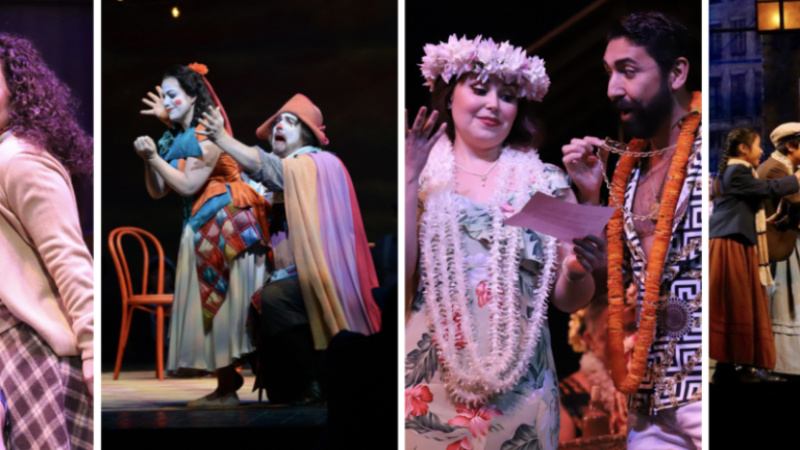
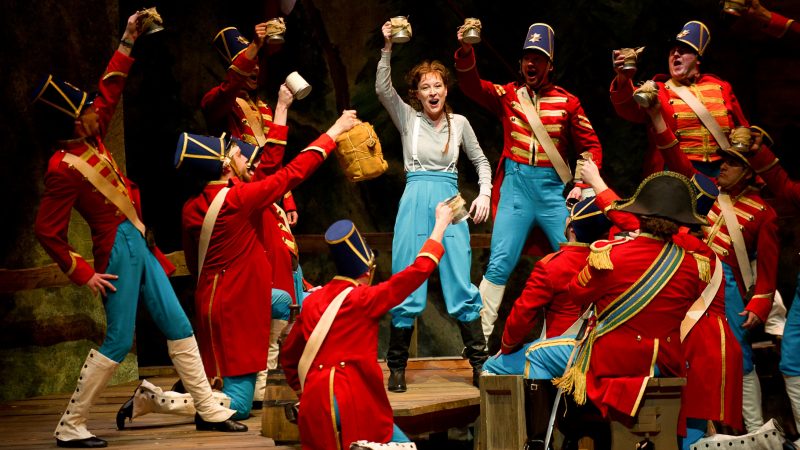
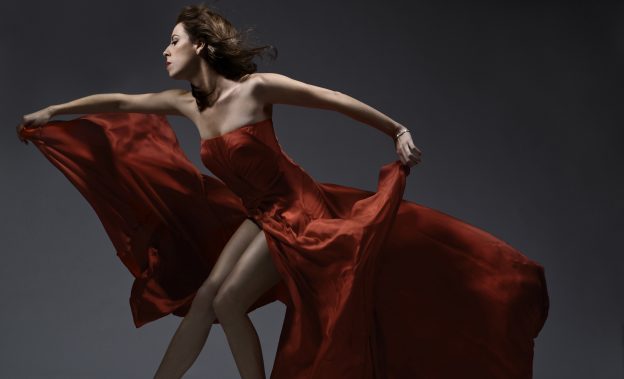
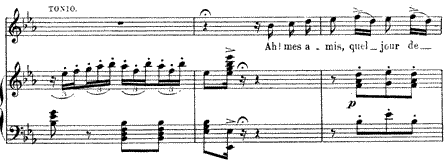
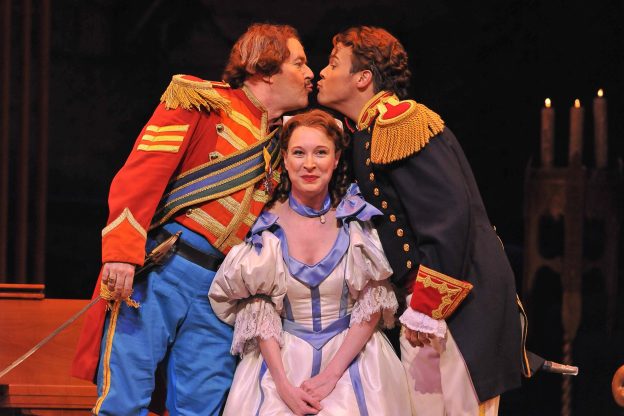
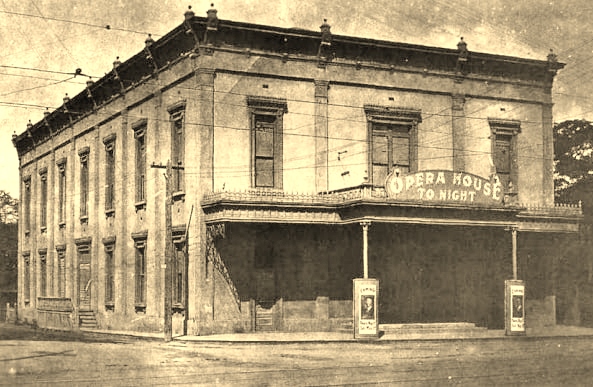


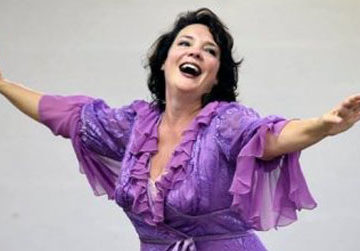


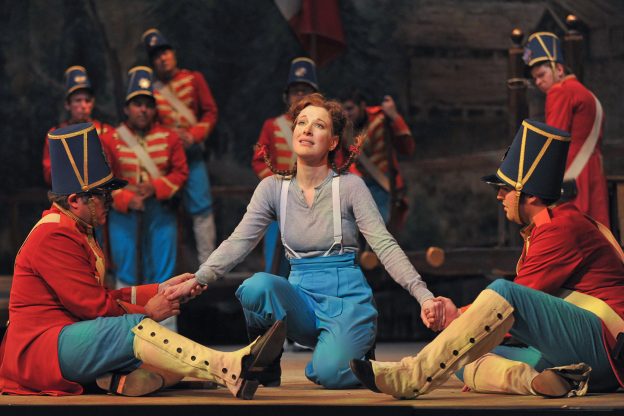
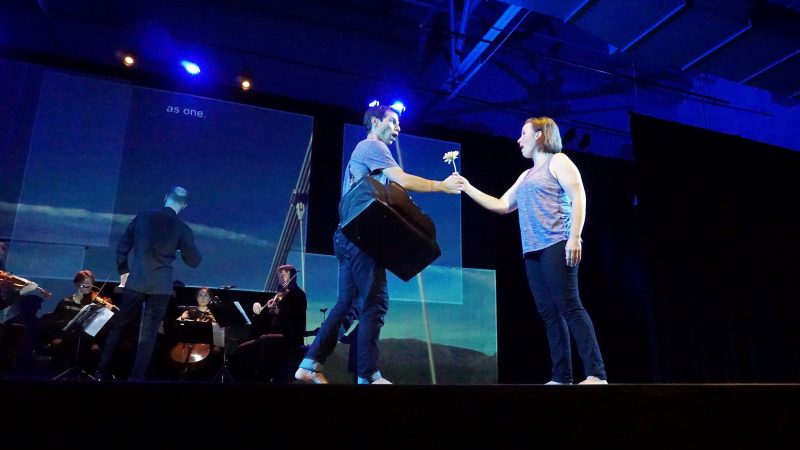
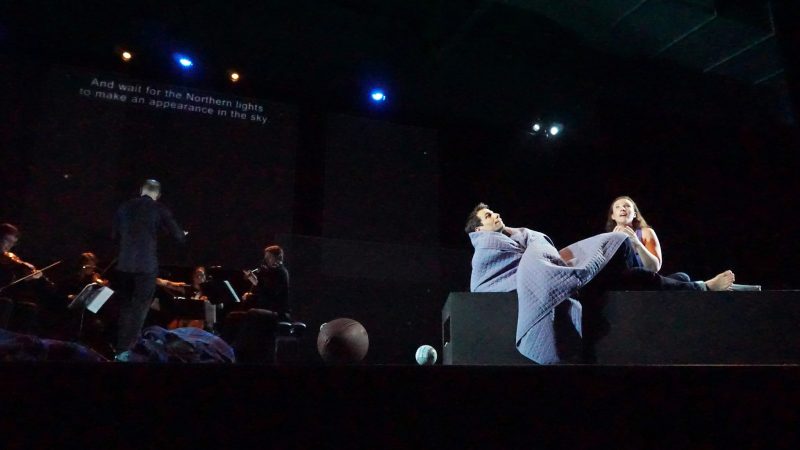

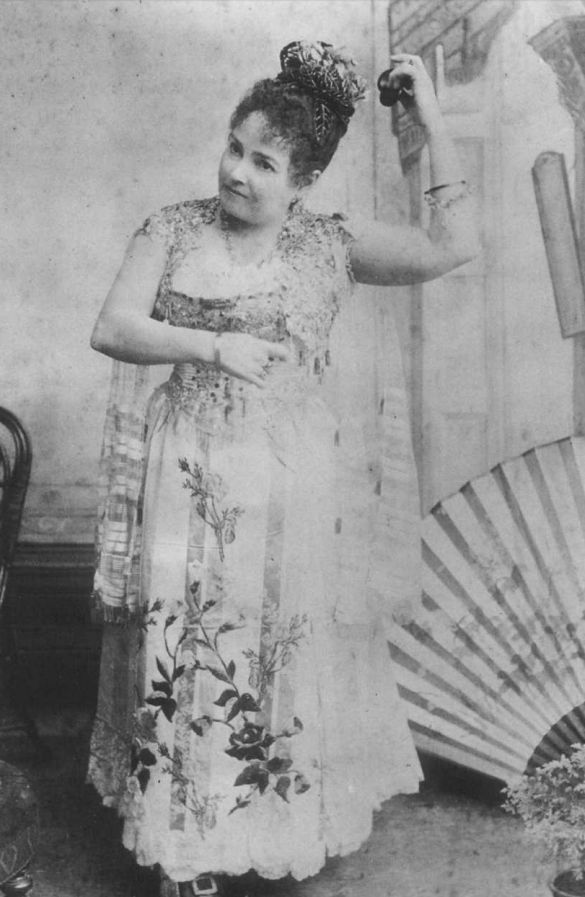

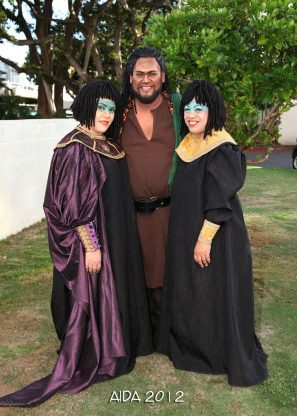 Like Leslie, HOT Education Coordinator Blythe Kelsey’s mother was also singing opera in the days before she was born. And Blythe and her brother, baritone Quinn Kelsey, grew up under their mother’s piano as she taught voice lessons. Along with being a voice teacher and vocal coach, their mother was a choir director for their church and high school.
Like Leslie, HOT Education Coordinator Blythe Kelsey’s mother was also singing opera in the days before she was born. And Blythe and her brother, baritone Quinn Kelsey, grew up under their mother’s piano as she taught voice lessons. Along with being a voice teacher and vocal coach, their mother was a choir director for their church and high school.